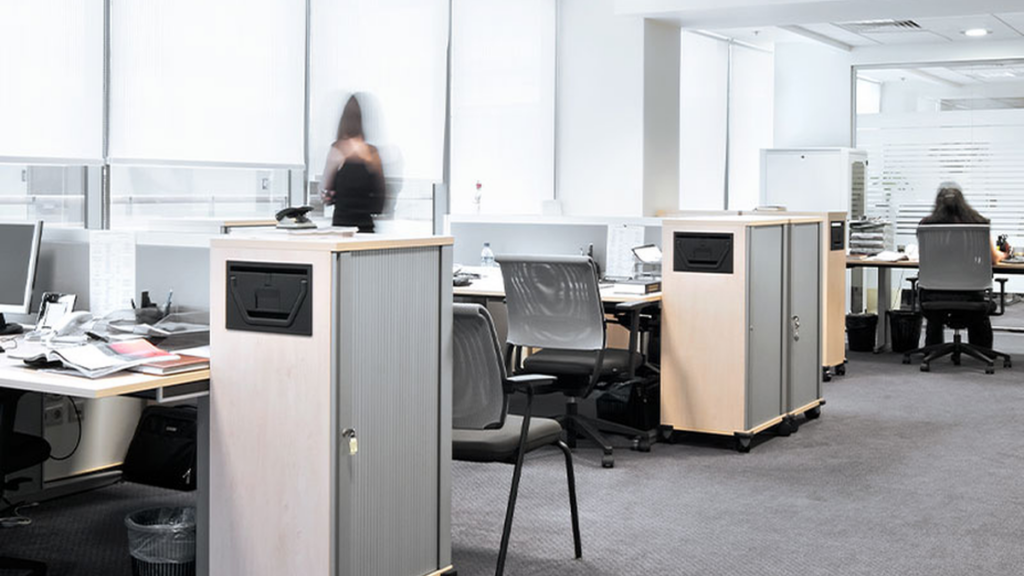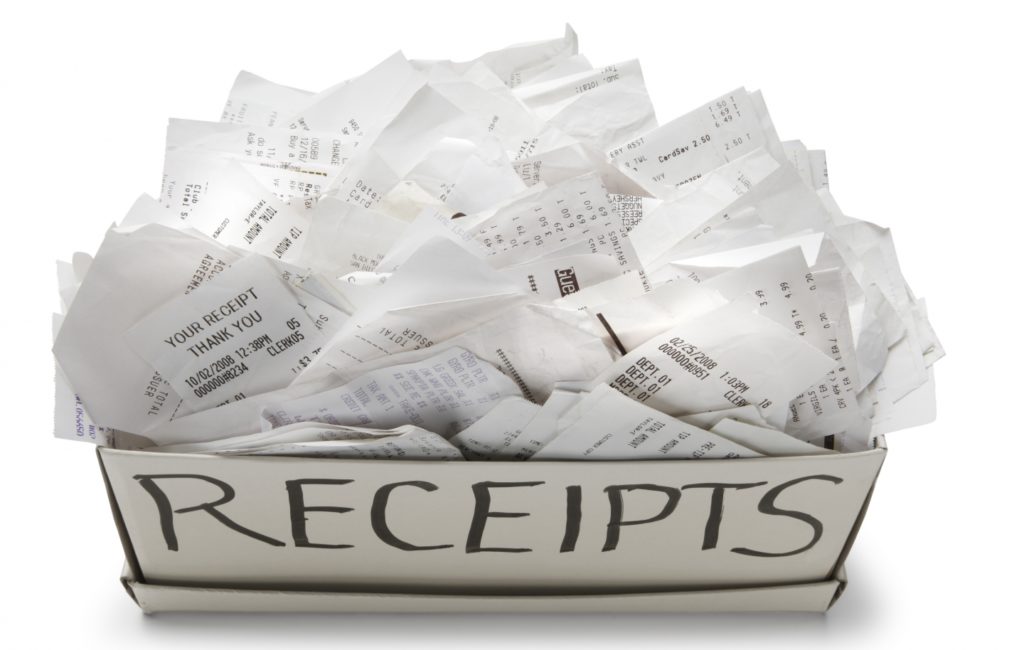TIPS COLLECTED ELECTRONICALLY: Withholding Requirements
Posted on November 11th, 2022 in Domestic Tax, Tourism & Hospitality
Where tips are “paid” by an employer, they are pensionable and insurable. In such cases, the employer must also withhold income tax and report the amounts on the employee’s T4.
CRA’s current administrative policy is that if the tip is controlled by the employer (controlled tips) and then transferred to the employee, it is considered to be paid by the employer. In contrast, direct tips are considered to have been paid directly by the customer to the employee. Therefore, the tips are neither insurable nor pensionable, income tax deductions are not required to be withheld and amounts are not required to be reported on the T4.
Controlled tips are generally those where the employer has influence over the collection or distribution formula. CRA has provided several examples of controlled tips, including the following:
- the employer adds a mandatory service charge to a customer’s bill to cover tips;
- tips are allocated to employees using a tip-sharing formula determined by the employer; and
- cash tips are deposited into the employer’s bank account and become, or are even commingled with, the property of the employer, and then are paid out to the employees.
Direct tips are paid directly to the employee by the customer, where the employer has no control over the tip amount or its distribution. CRA has also provided several examples of direct tips, including the following:
- a customer leaves money on the table at the end of the meal and the server keeps the whole amount;
- the employees and not the employer decide how the tips are pooled or shared among employees;
- a customer includes an amount for a tip when paying the bill by credit or debit card, and the employer returns the tip amount in cash to the employee at the end of the shift. In exceptional situations, the cash tips could be paid out the day after, for example, if there was not enough available cash on hand; and
- the restaurant owner informs the server that if a customer pays by credit or debit card and includes a voluntary tip, the restaurant will return the full tip amount to the server in cash at the end of each shift.
An August 31, 2022, Federal Court of Appeal case reviewed whether the electronic tips left by restaurant customers (e.g. paid by credit or debit cards) that were distributed by the restaurant to the servers were considered “paid” and therefore pensionable and insurable. Only a portion of the electronic tip was distributed to the servers, based upon the particular tipping arrangement at the restaurant (some funds were retained for items such as credit card fees and tip-outs to the kitchen staff). Amounts were transferred to the servers the day after the particular shift was worked. The Tax Court of Canada (TCC) previously held that the amounts transferred to servers were paid by the employer, and therefore, pensionable and insurable.
Taxpayer loses
The FCA found that the TCC did not err in its finding. In particular, the TCC noted that the electronic tips had not previously been in the server’s possession. Instead, the customers had provided the electronic tips to the employer as part of a single transaction to settle the dining bill. The TCC followed a 1986 Supreme Court of Canada case that found that the word paid could be interpreted broadly to mean the mere distribution of an amount by the employer to the employee.
The FCA also stated that factors such as the following are not determinative and might be of little to no relevance when determining whether an amount is paid by an employer:
- when the amount is paid;
- whether the server is paid all or some of their own tips or pooled tips;
- whether the employer keeps a portion of the tips; and
- whether the tips are distributed under a collective agreement, a written contract, an oral agreement or otherwise.
The case did not deal with any cash tips the servers may have received or tip-outs received by kitchen staff, on-site management, or support staff. Likewise, the FCA was not concerned with the total electronic tips left for the servers, but only the net amount paid out the next day.
It remains to be seen whether CRA’s administrative policy will be changed to reflect the courts’ rulings. As of October 10, 2022, the CRA website did not have information showing an integration of the courts’ rulings into their administrative policy.
ACTION: Restaurant operators should be vigilant for developments on this issue and be prepared to adjust tipping policies, and/or reporting and withholding policies if necessary.
Article originally published in: Tax Tips & Traps 2022 Fourth Quarter – Issue 140.





















